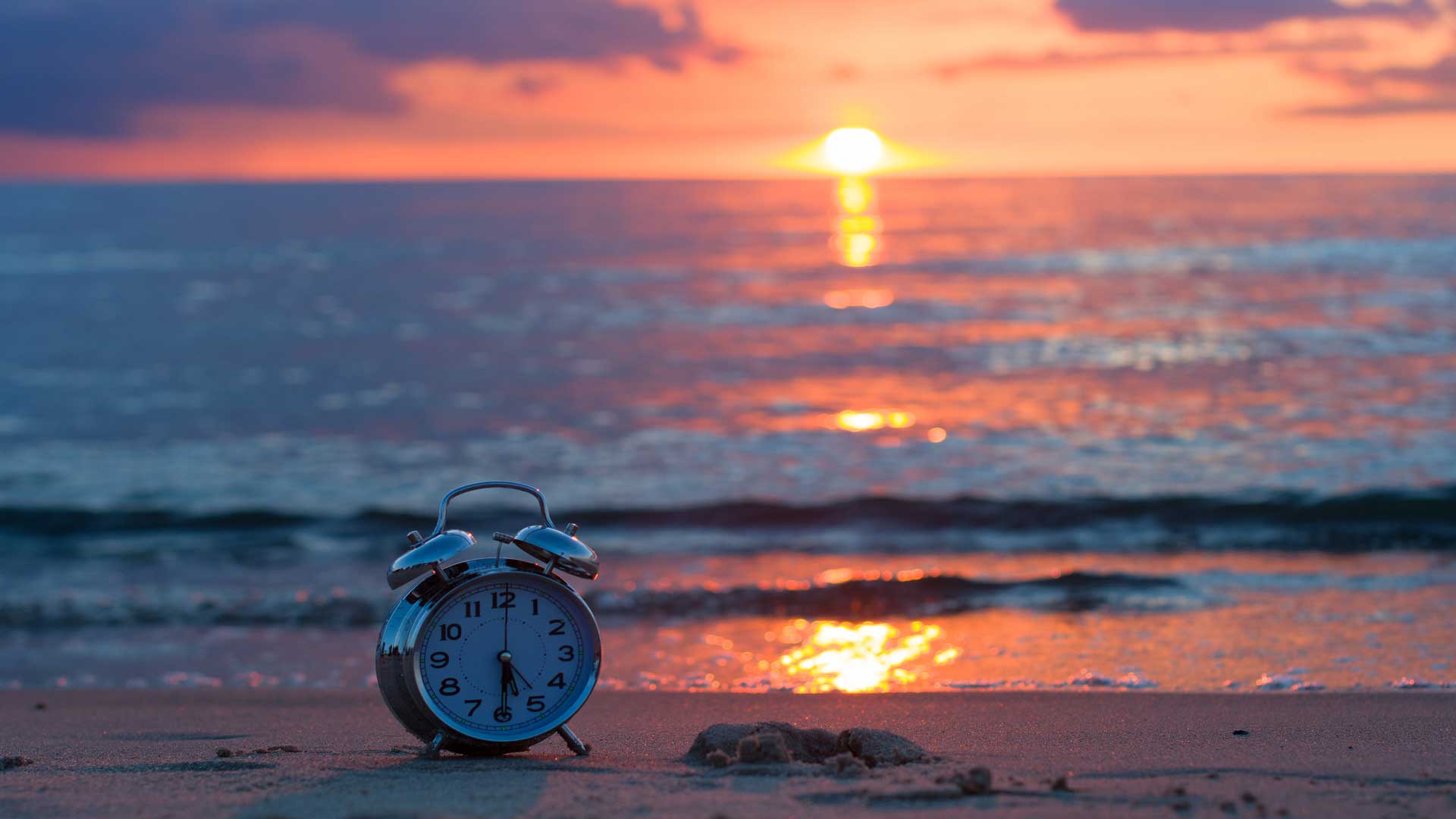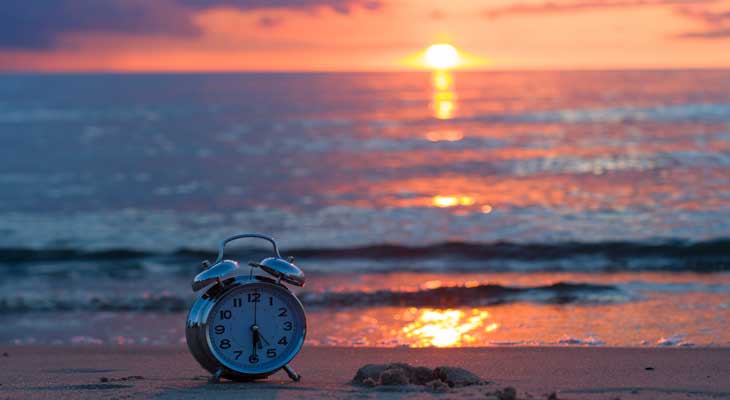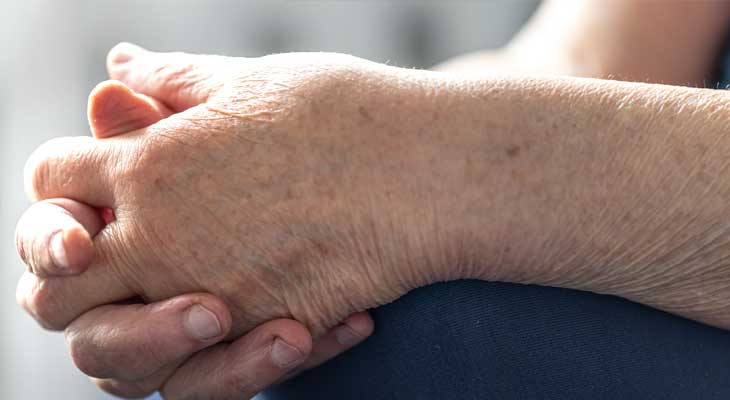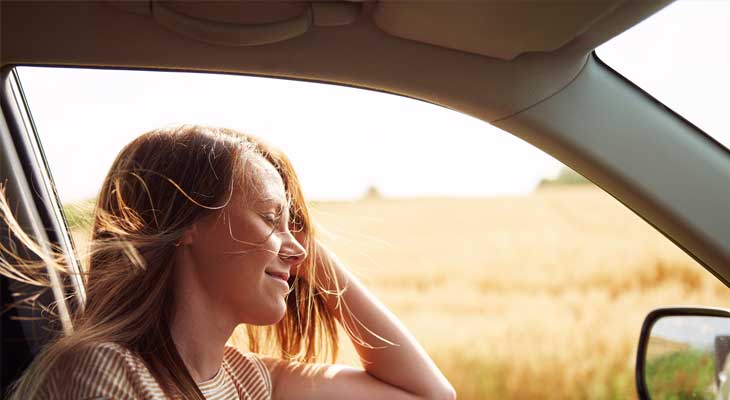Daylight Saving Time: A Reminder to Protect Your Skin
As the clocks move forward and daylight saving begins, many of us look forward to longer evenings, warmer days, and more time outdoors. Whether it’s walking the dog after work, weekend gardening, or enjoying a barbecue with friends, the extra daylight brings plenty of opportunities to soak up the sun.
But with those longer days comes a subtle risk… more time exposed to ultraviolet (UV) radiation. It’s the perfect time to make sure that sun protection and skin health are top of mind.
Longer Days, Higher UV Exposure
Daylight saving doesn’t just change the clock — it changes our habits. We naturally spend more time outside, often without realising how much extra sun exposure we’re getting. Even in the cooler months, UV levels across much of Australia remain high enough to cause skin damage.
UV radiation is the leading cause of skin cancer, and its effects are cumulative — meaning that small amounts of unprotected exposure each day can add up over time. While the sun might feel mild early in the season, it’s still powerful enough to damage your skin cells and increase your long-term risk.
Simple Steps to Stay Sun Safe
The good news is that protecting your skin doesn’t have to be complicated. As we move into the longer, brighter months, a few small daily habits can make a big difference:
• Apply sunscreen every morning – Use SPF 50+ broad-spectrum sunscreen on all exposed skin, and reapply every two hours if you’re outdoors
• Cover up – A wide-brimmed hat, UV-protective clothing, and sunglasses provide an extra layer of defence
• Seek shade – Wherever possible, stay out of direct sunlight between 10am and 3pm, when UV radiation is strongest
• Check the UV index – Many weather apps now show the daily UV rating. Use it to plan your outdoor activities safely
These small actions can dramatically reduce your lifetime risk of skin cancer — and they’re easy to incorporate into your daily routine.
“Check the Clocks, Check Your Skin”
Just as daylight saving is a reminder to adjust your clocks, it’s also a great time to check in on your skin. Regular skin checks are one of the most effective ways to detect early signs of skin cancer.
Everyone should get to know what’s normal for their skin. Look for new moles, spots that change in colour or shape, or any sore that doesn’t heal. If you notice anything unusual, don’t ignore it. Early detection saves lives.
A professional skin check can identify suspicious spots before they become a problem. Molescope Doctors are trained to recognise subtle changes that are easy to miss at home. Most skin cancers, when detected early, can be treated quickly and successfully.
Book a Skin Check Now
The start of daylight saving is the ideal time to make your annual skin check appointment. It’s a natural calendar reminder, before the Summer sun is at its strongest. Booking now means you can head into the warmer months confident that your skin is healthy and protected. Think of it as part of your seasonal routine: change the clocks, replace your sunscreen, and book a skin check.
Taking this small step now can give you peace of mind for the months ahead.
Start the Season Safely
Daylight saving marks the start of longer, brighter days, but it’s also a reminder to look after the skin you’re in. Sun protection and regular skin checks are simple habits that can make a lifelong difference.
Don’t wait for a problem to appear. With early detection and the right precautions, skin cancer is one of the most preventable and treatable cancers.
Book your skin check today and step confidently into the season knowing you’re protecting your skin for the future.
Book Appointment
Note: Information provided in this blog is of a general nature and is not a substitute for advice from a medical professional. Please be advised that blog posts are not necessarily written by medical professionals. All care has been taken to ensure the accuracy of information provided, however, no guarantee is made that it is free from error. Mention of any specific products or services in the context of a blog post does not indicate an endorsement of that product or service. This includes any images used in blog posts. Molescope always recommends that any medical advice is sought directly from medical professionals.






